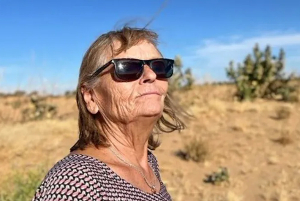There is a growing but worrying practice of using weedicides for abortions in Ghana which poses severe and long term risks to women’s reproductive health.
According to the Country Director of Marie Stopes Ghana, Ms Anne Coolen, the use of weedicides adds to the about 45 percent of unsafe abortions in the country, reports the Daily Graphic.
“If by accident a woman or adolescent finds herself in a situation where she has an unwanted pregnancy, the use of weedicides should not be an option and Marie Stopes is here to help you on your abortion options,” she said at the launch of the Marie Stopes Kokomlemle Facility in Accra.
She warned women and young girls to desist from using weedicides to practice unsafe abortions and called for the introduction of comprehensive contraceptive services to reach all especially adolescents.
Ms Coolen reiterated the need for women and young girls to practice safe abortions as well as men patronising family planning methods to prevent unwanted pregnancy.
She added that those who have resorted to unsafe abortion measures should seek medical guidance to enable them to take good and well informed decisions concerning safe abortions.
Alarming statistics for abortions in Ghana
Ghana’s liberal law notwithstanding, as of 2007, says a mere 3 percent of pregnant women and only 6 percent of those seeking an abortion were aware of the legal status of abortion.
The odds of having an abortion are 67–80 percent higher among women in the top two wealth quintiles than among the poorest women; the odds are about 40 percent higher among women living in urban areas than among women in rural areas.
Some reasons Ghanaian women most frequently cite for having an abortion are being financially unable to take care of a child, needing to delay childbearing in order to continue schooling or work, and wanting to space or limit the number of children they have.
General News of Tuesday, 1 October 2019
Source: www.ghanaweb.com
Fears rise over use of killer weedicides for abortions
Entertainment












